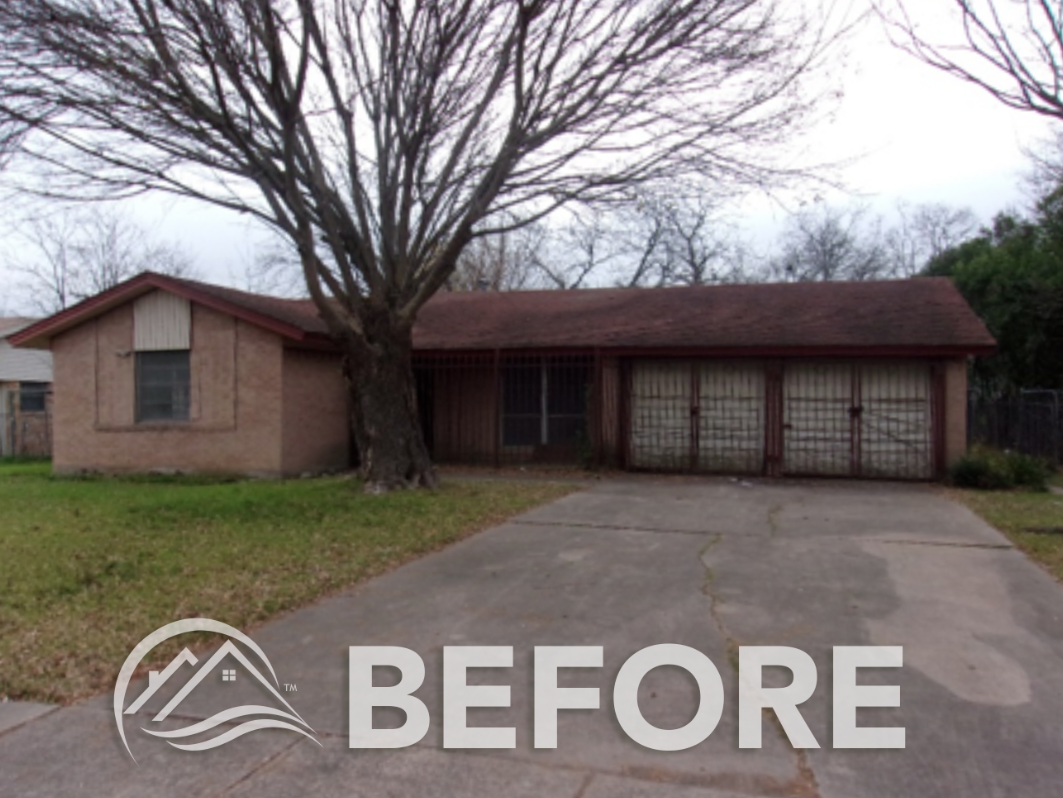 Investing in real estate comes with many questions and uncertainties. When we look at the state of the real estate market, the economy at large, and the political landscape, it can all feel that much more volatile. So why aren't we worried?
Investing in real estate comes with many questions and uncertainties. When we look at the state of the real estate market, the economy at large, and the political landscape, it can all feel that much more volatile. So why aren't we worried?
There's this idea that permeates the investing world as a whole—not just real estate, but stocks as well as other forms of investing— and it says that you can't get ahead without high risk. While risk is necessary for every investment, high risk is not. Managing your risk, in fact, is critical.
For real estate investing to be a successful endeavor in the long-term, it has to be rooted in a strategy that stands up against factors of risk that we cannot foresee or control. There is only one investment strategy that offers this for real estate investors: buy-and-hold.
4 Reasons a Buy and Hold Strategy Works for Real Estate Investors
Buy-and-hold is the most common strategy for investing in real estate and there is a good reason for it. Not only is it an accessible strategy even for newcomers to the profession, but the benefit of fewer risks associated and potential for long-term gains makes it an attractive option on which to lay the foundation of an investment portfolio.
Related Article: Buy & Hold: Planning Your Real Estate Investment Future
It Transcends the Real Estate Cycle
If you're not a buy-and-hold investor, you are likely flipping real estate. This isn't to say that flipping is the only alternative strategy, but it is a common one. If your strategy does not involve your holding the property until it appreciates and until you want to sell it, you are likely depending on your ability to turn your property around for a profit. As with flipping, this very much depends on the market you are in, the conditions of the market, demand, the real estate cycle, and even politics on a local and national scale.
Everything that affects real estate prices affects your ability to succeed in real estate investment. When you buy-and-hold, you can bide your time. If market conditions are not favorable, you can wait. There's no rush. There's something liberating about that. Knowing that you do not depend on all of these other factors that are beyond your control takes a lot of pressure off!
The Hedge Against Inflation
We've mentioned it before, but real estate as an investment is among the smartest you can make. As a physical asset, not only does real estate have a great track record when it comes to appreciation, but it can be used as a hedge against inflation. While inflation can be financially devastating, it can have an opposite effect on those who have real estate holdings.
Why?
When prices rise, so does the cost of building. Thus, so does the value and cost of properties. This can then be leverage in favor of an owner. Your wealth grows with inflation rather than diminishing.
The Huge Leverage
Speaking of leverage, this is one of the primary advantages of owning and investing in real estate. Leverage, of course, is using borrowed funds (usually from a bank or other lender) to acquire investment properties and "punch up" higher than you would be able to if you were buying in all-cash. This, in turn, allows you to make money using other people's money.
Then the more that asset appreciates, either naturally or forced in renovation efforts, the more the investor gains. Leverage allows investors to diversify and spread out risk more quickly and effectively. Buy-and-hold investors are able to more effectively utilize the benefits of leverage because they actually hold properties and can reap the benefits of appreciation and asset growth.
Overall Profit
It should, of course, be noted that buy-and-hold real estate involves more than waiting for the right time to sell a property. If that were the case, what would differentiate it from a personal home, a hot stock, or another asset? Buy-and-hold real estate has the distinction of being income-generating.
While a handful of investment properties generating passive income may not make one wealthy, a portfolio full of passive investments adds up. While you may sell a buy-and-hold investment property someday, you can reap the benefits of passive income in the meantime. This cash flow can help you reach other financial goals and cover other costs in the interim.
Start building long-term wealth with your real estate investment portfolio today—there’s no time to lose.












